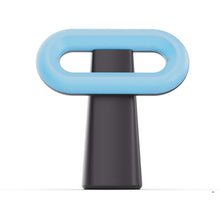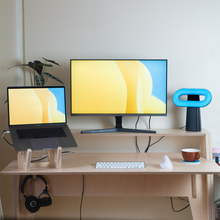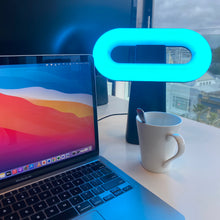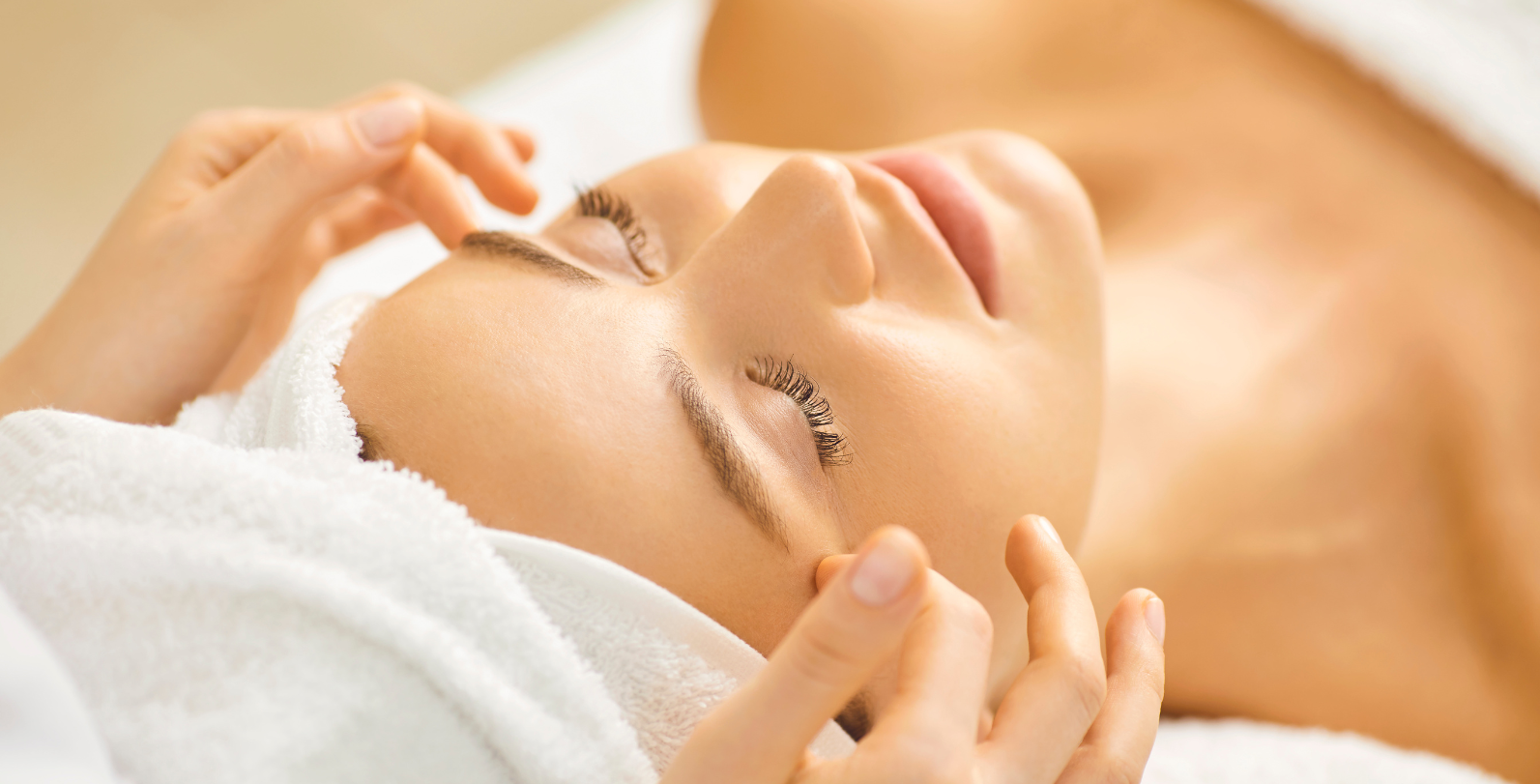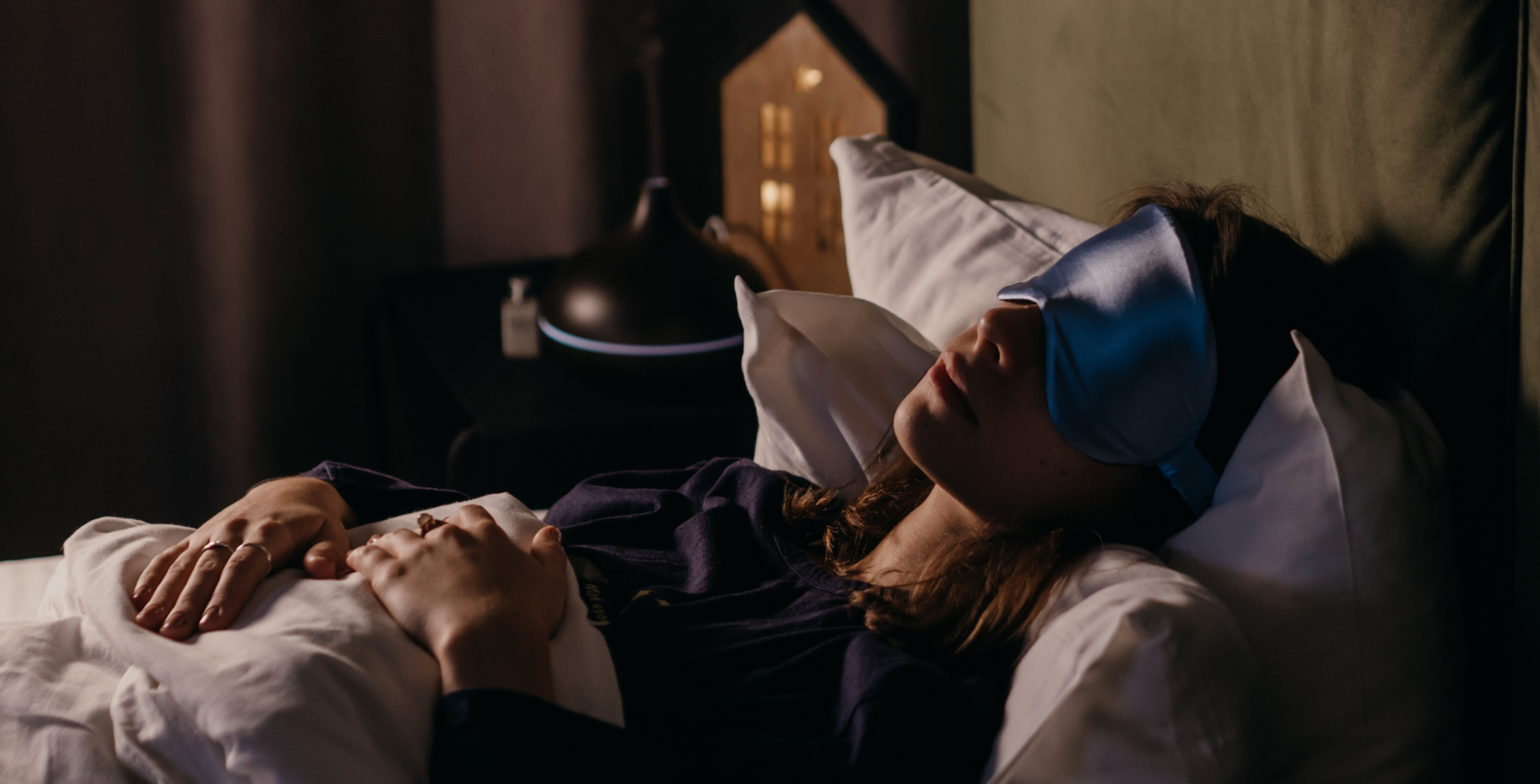How Sleep Impacts Peak Physical Performance
So, you’ve set yourself a goal. Maybe you’re training for your first 10 km race. Or a full marathon. Perhaps you’re looking for better results in the gym.
We all know that nutrition and training are crucial to performing at your best. But the importance of sleep is often overlooked.
Many top-level athletes are already using sleep as their super power. Usain Bolt broke the world record just 30 minutes after waking from a nap. Roger Federer and LeBron James reportedly sleep 10-12 hours a day. By understanding how sleep impacts performance, you too can begin harnessing its power.

Physical training works by damaging muscle fibres so that they rebuild stronger than before. Sleep plays a vital role in this process. As your body enters non-REM sleep, your pituitary gland releases a shot of growth hormone that stimulates muscle repair.
When athletes don’t get enough sleep, it interferes with the recovery process. A review of 40 studies found that sleep deprivation negatively impacts several aspects of athletic performance, including: strength, vigour and endurance.
What About Fine Motor Skills?
Sleep is especially vital for sports that involve precise movements. When you first begin learning a new skill you must consciously consider each action. But as we sleep, motor-memories are transferred to regions of the brain operating below the level of consciousness1,3. As a result, actions become second nature overtime. That may explain why sleep deprived athletes also suffer slower reaction time, reduced accuracy, and poorer decision making (Vitale, Owens, Hopkins, & Malhortra, 2019).
"A review of 40 studies found that sleep deprivation negatively impacts several aspects of athletic performance, including: strength, vigour and endurance."
Sports Injuries
Poor sleep has another indirect way of preventing you from reaching your goals: by increasing your risk of injury. A multivariate analysis of young athletes found that those who slept less than 8 hours were 70% more likely to suffer an injury than those who slept 8 hours or more4. The more time an athlete is injured, the less time they can spend training.
Does exercise improve sleep quality?
While sleep improves physical performance, limited evidence suggests that exercise may also enhance sleep quality. Specifically, exercise can make you feel tired, causing you to fall asleep faster.
Exercise can also improve sleep in several indirect ways. For example, sleep can help reduce stress, which is a common barrier to healthy sleep. Most remarkably, exercising outdoors increases your exposure to the natural light that sets your circadian rhythm, which is known to enhance sleep quality. So if you can, try exercising outdoors for maximum benefit.
A healthy sleep cycle is crucial if you want to perform at your best. It aids in recovery, improves coordination and reduces risk on injury. But your sleep is only as good as your circadian health. Enhance your sleep and optimise your circadian rhythm with the OSIN Loop Light today.
It's a winning formula.

benefits
Loop will improve your...

sleep

metabolism

Health

environment

stress

productivity
How does it work?
Whether at the office or home, place a Loop on your desk and it will deliver life enhancing light to your environment.

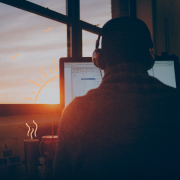
HEALTH

PERFORMANCE

The OSIN purpose
We are on a mission to end circadian disruption. By developing cutting-edge circadian lighting products, we give people access to the circadian light their bodies need.







